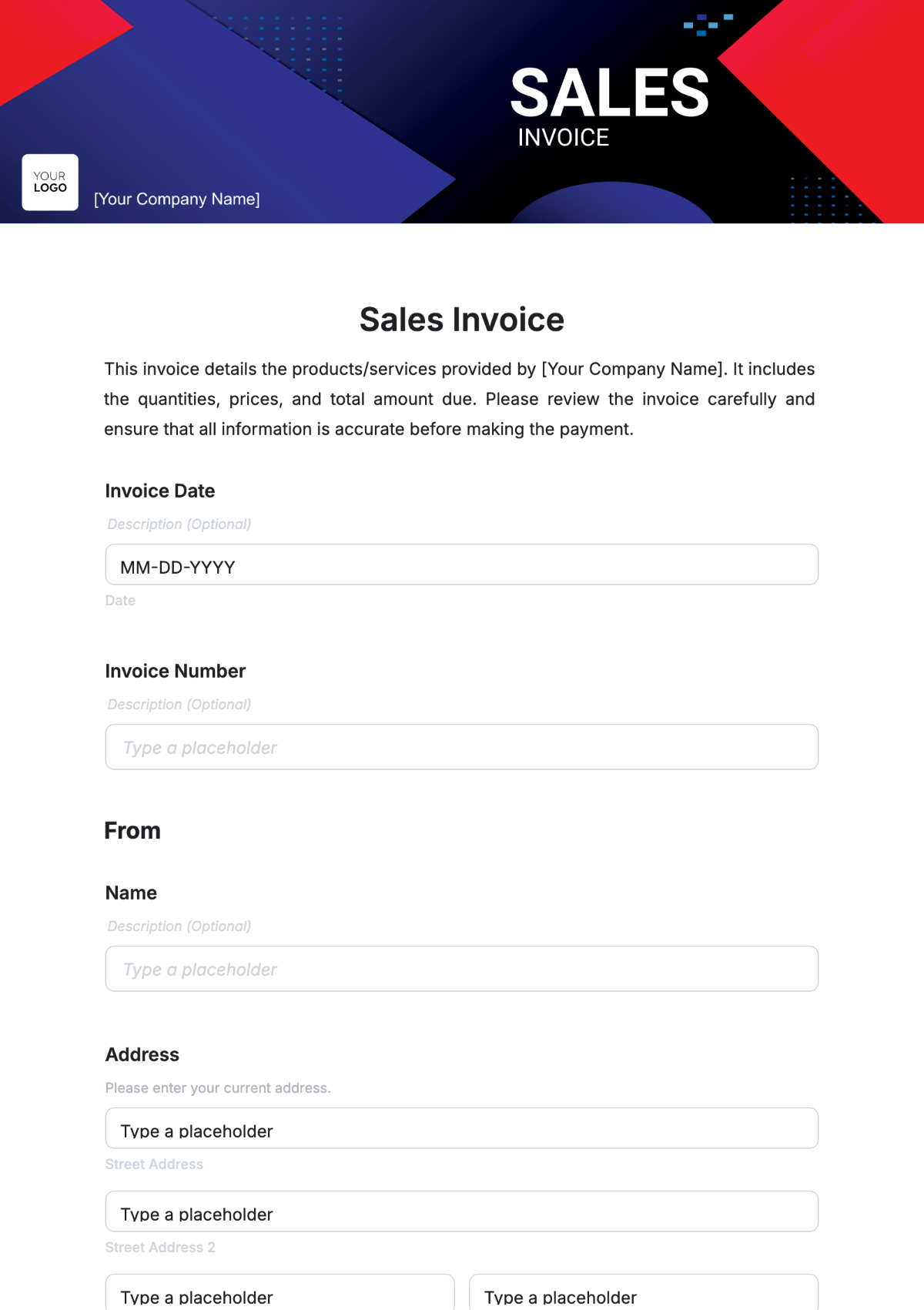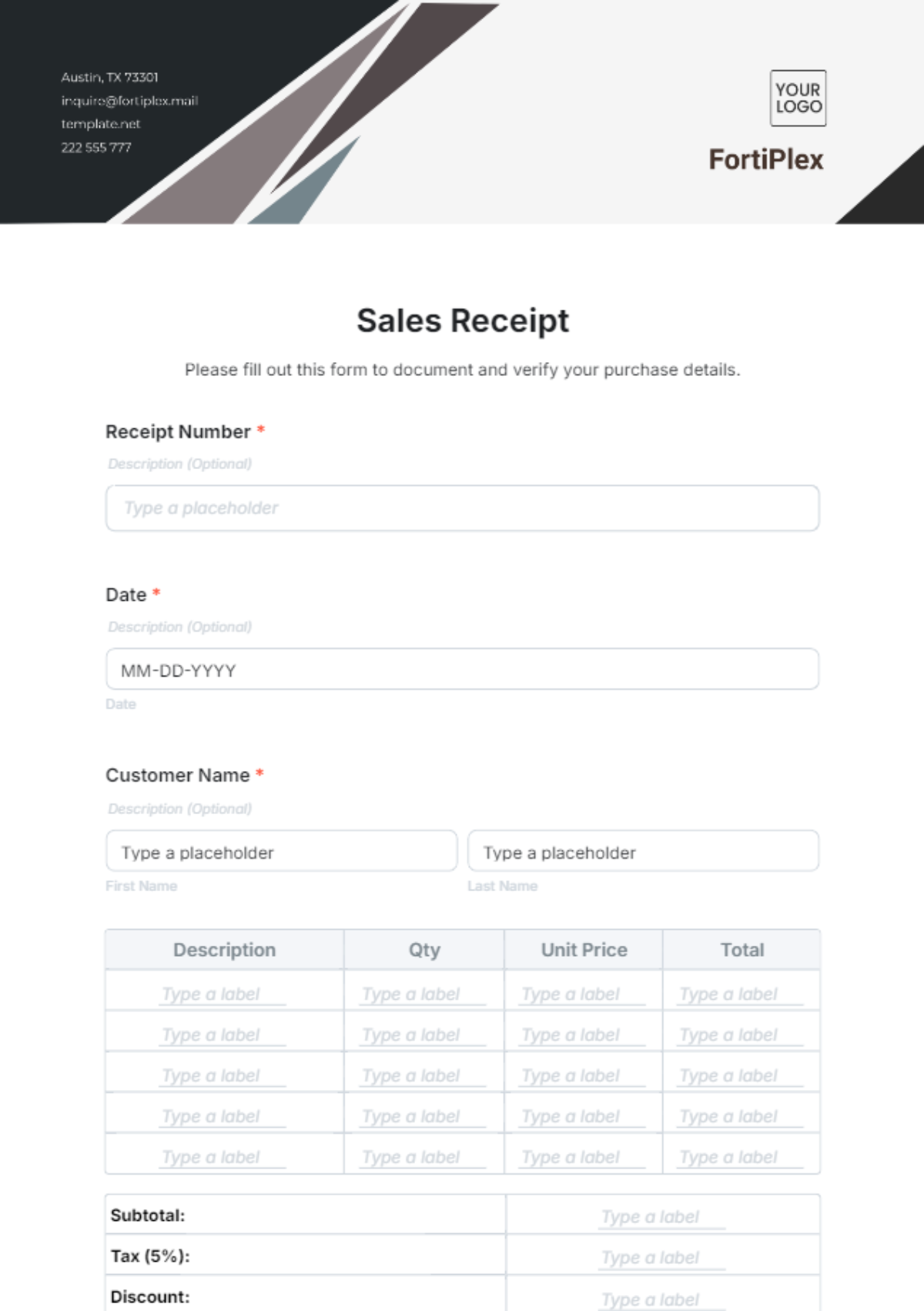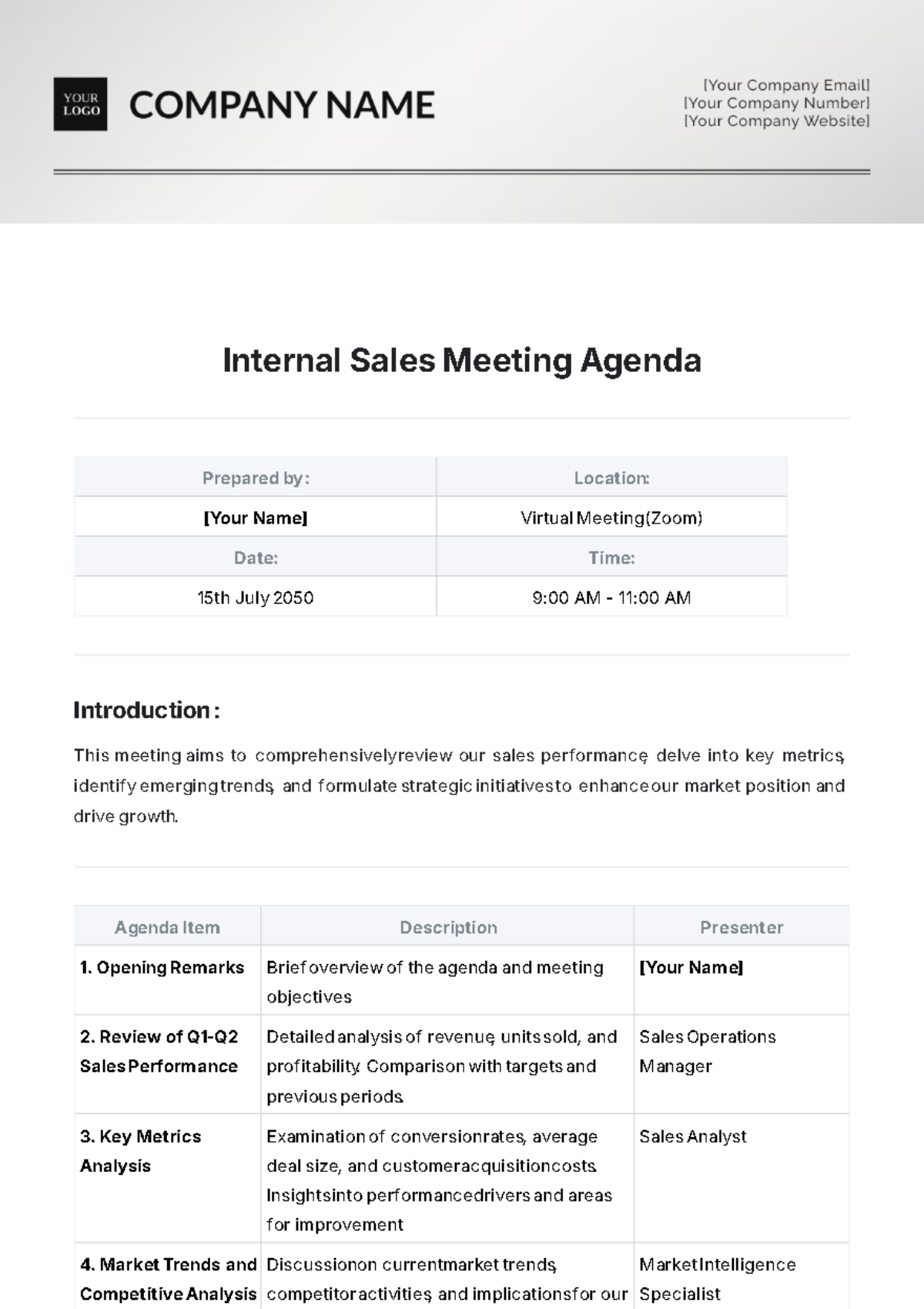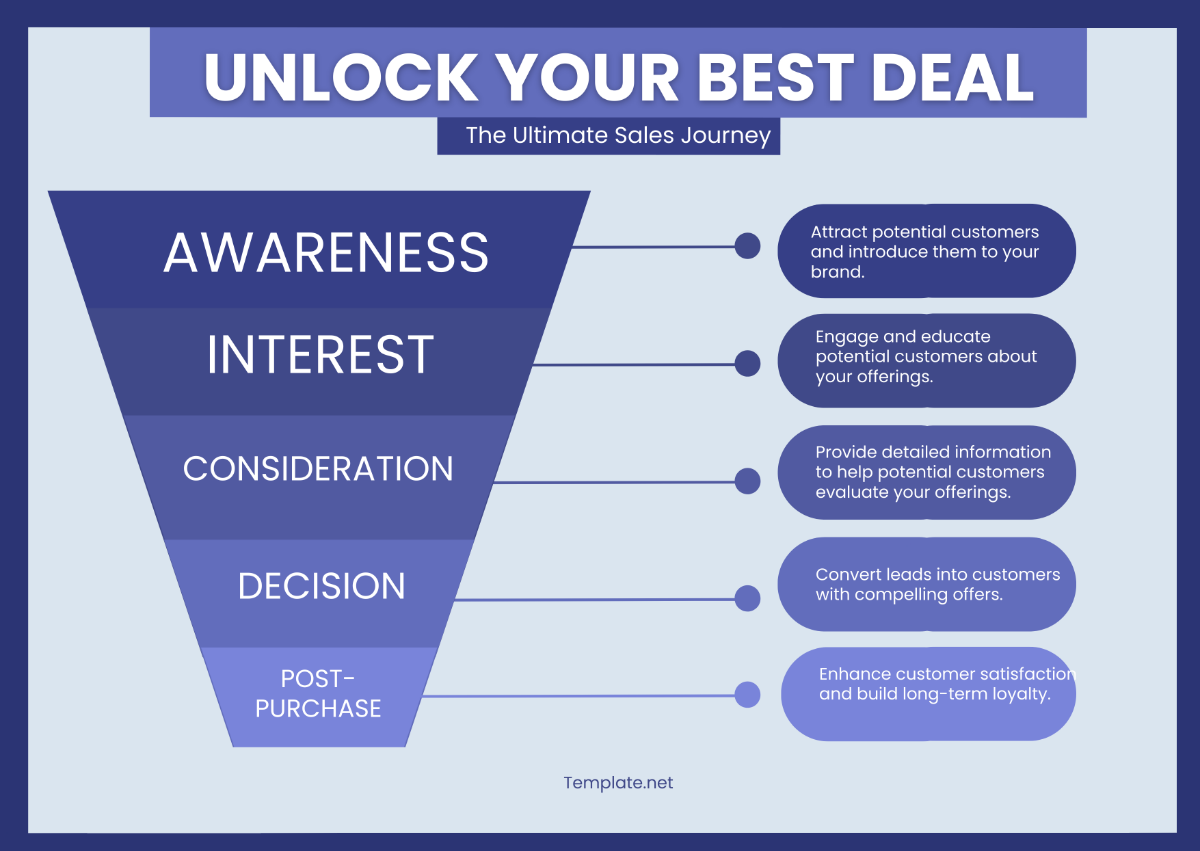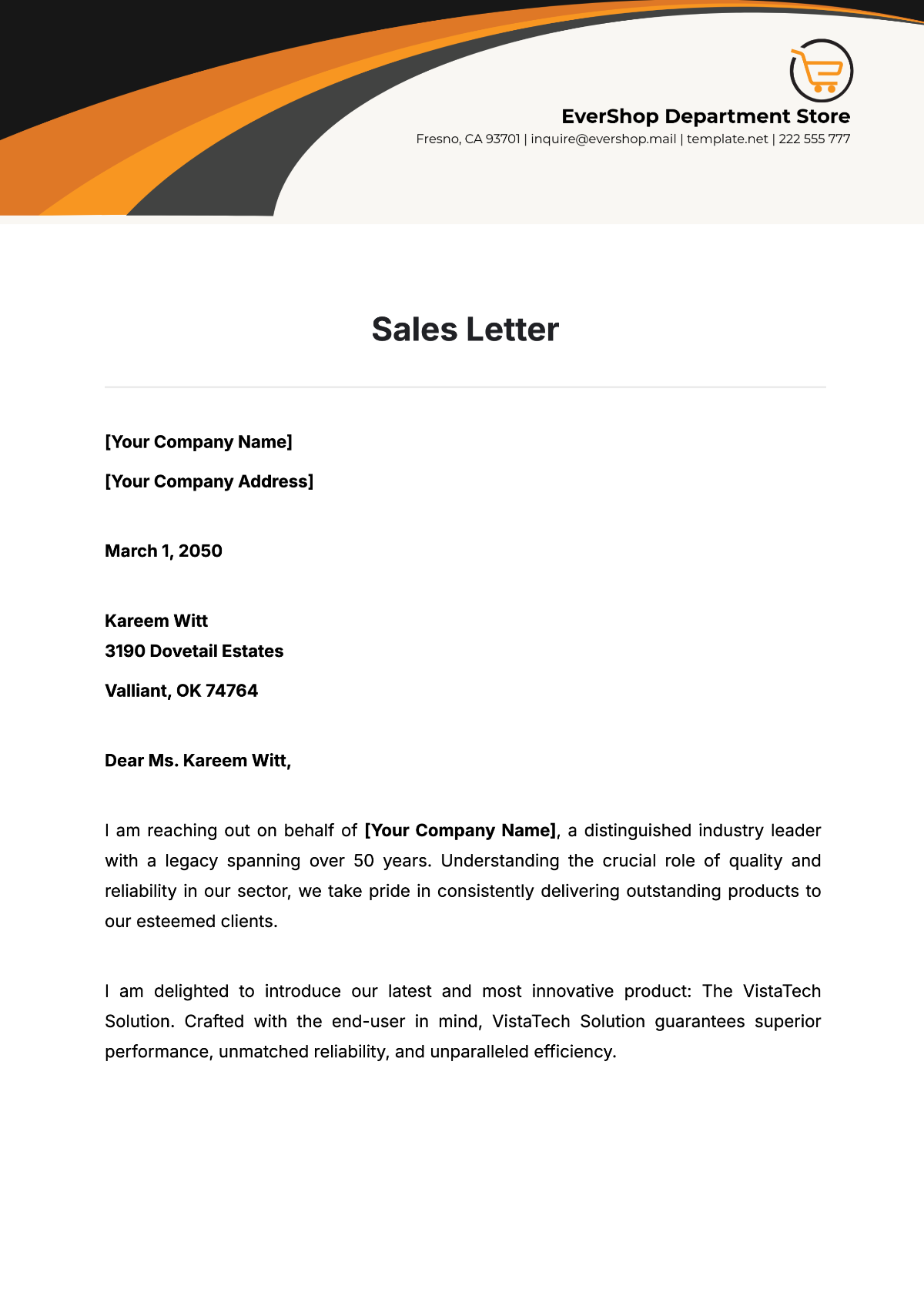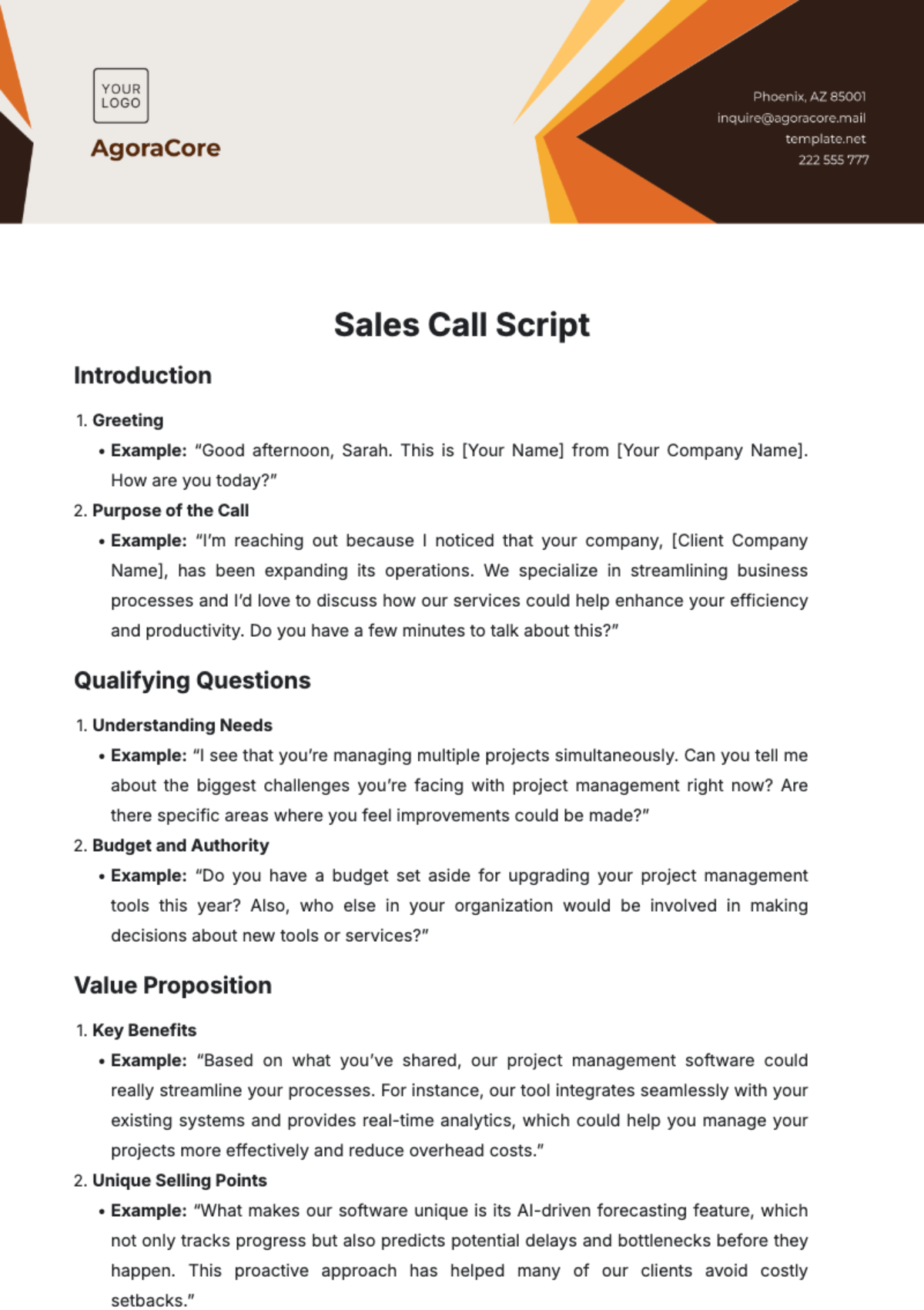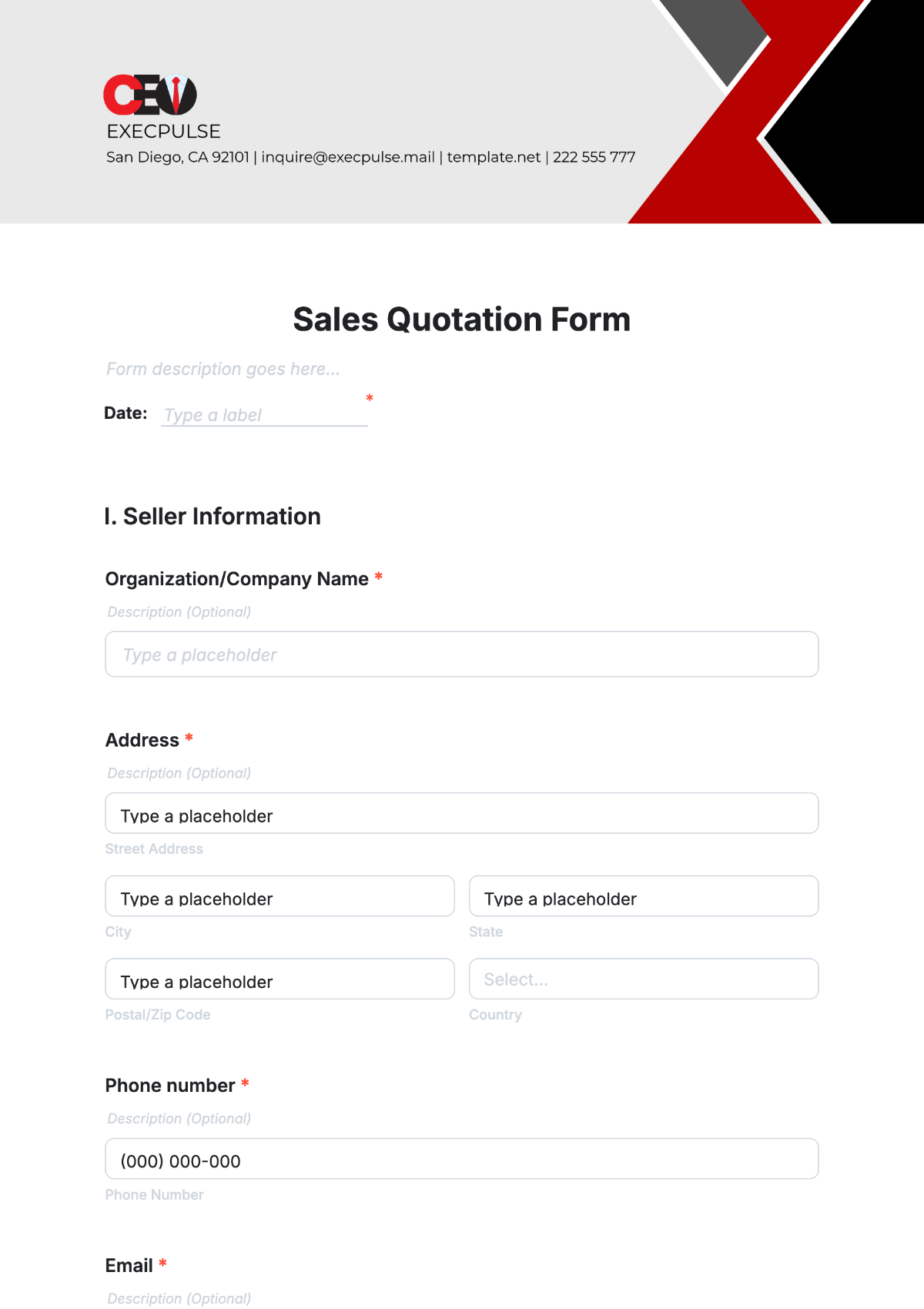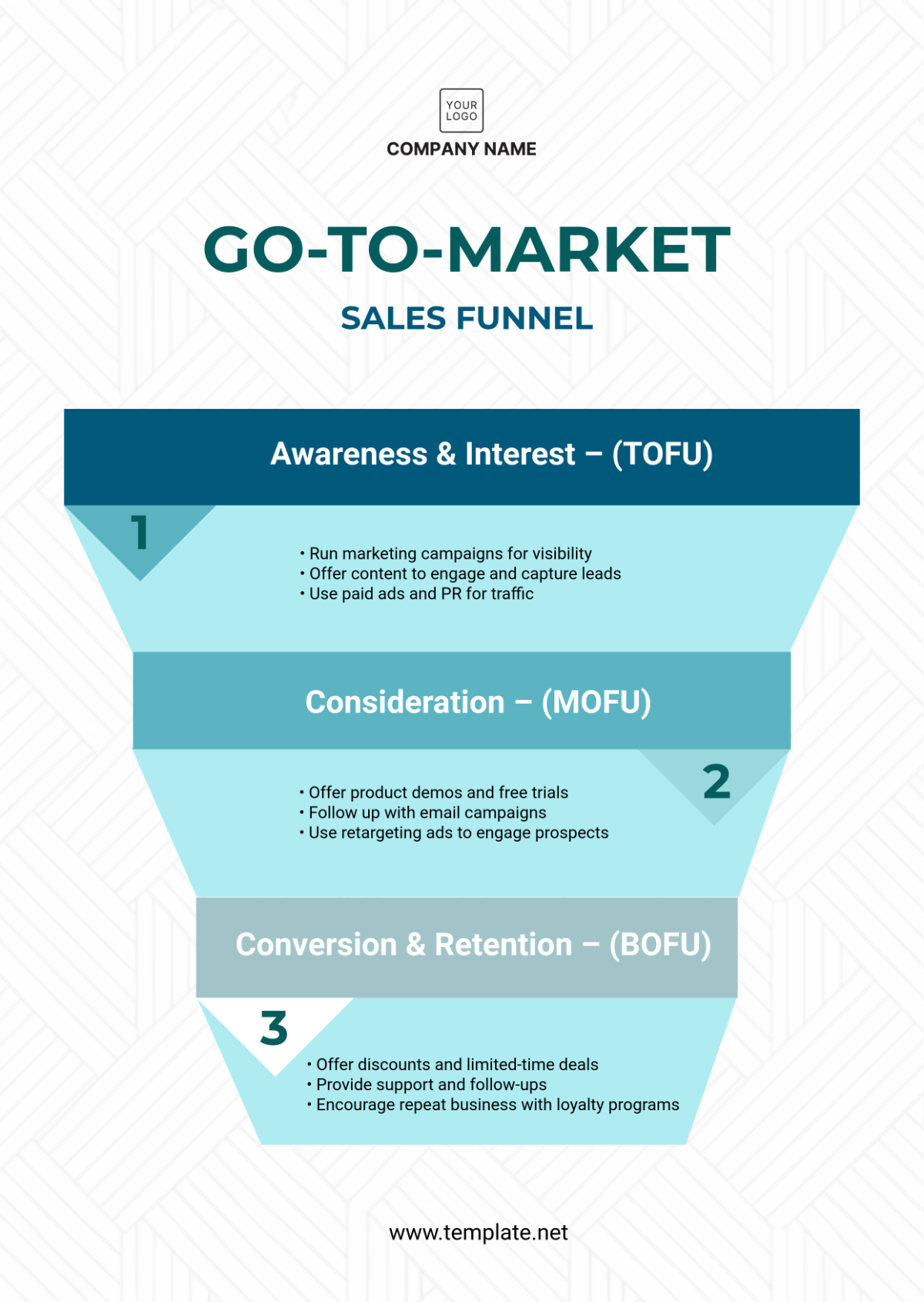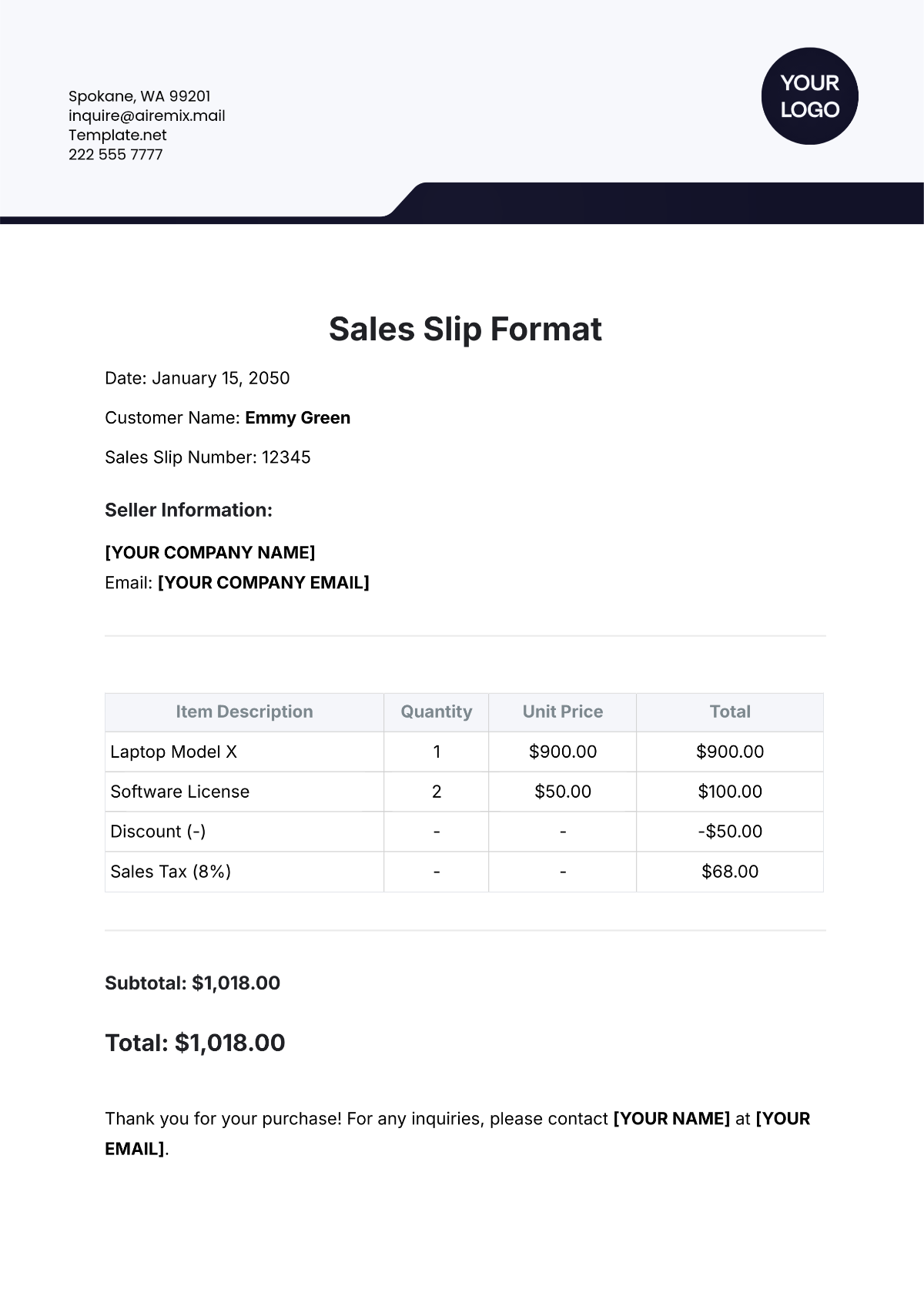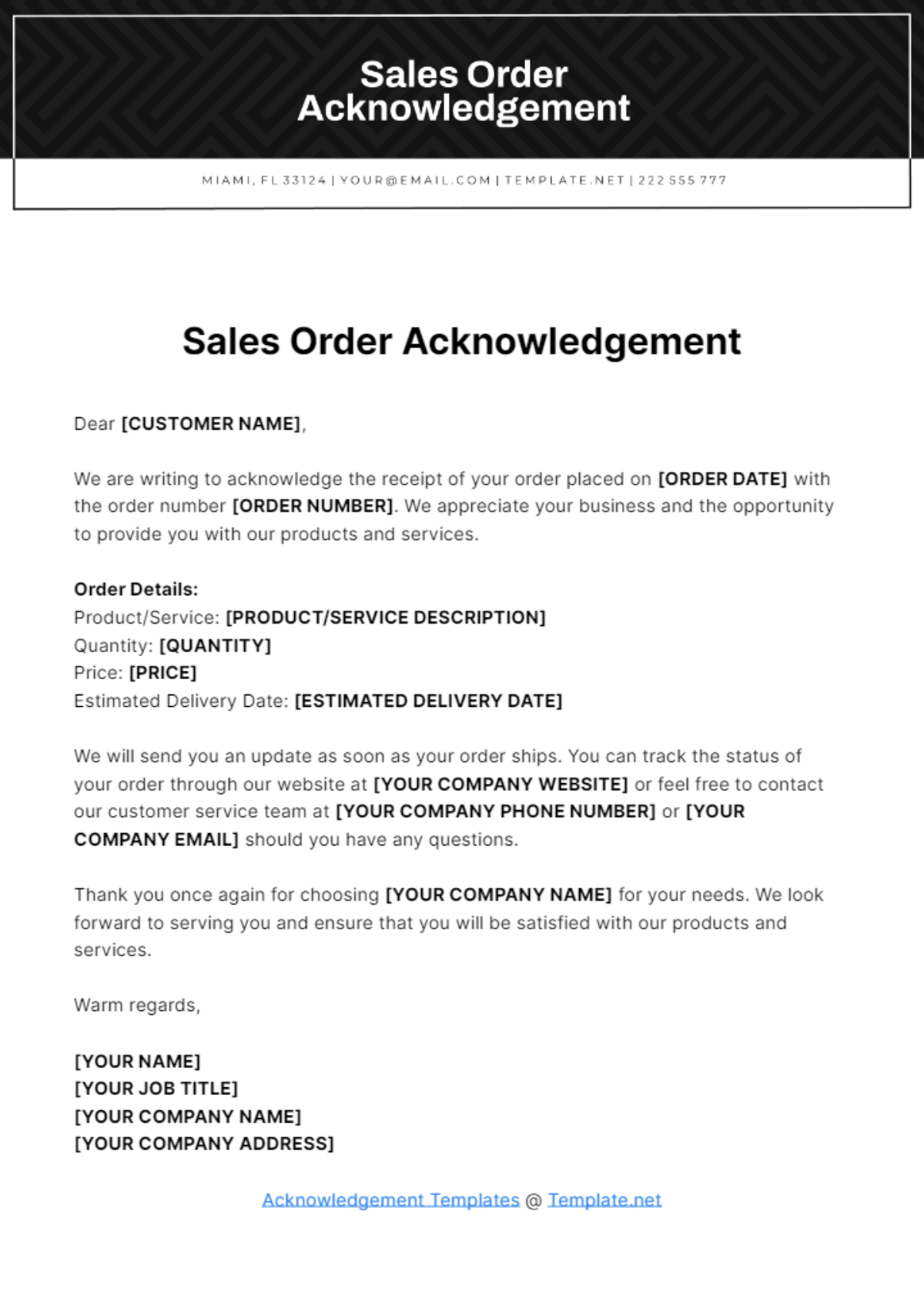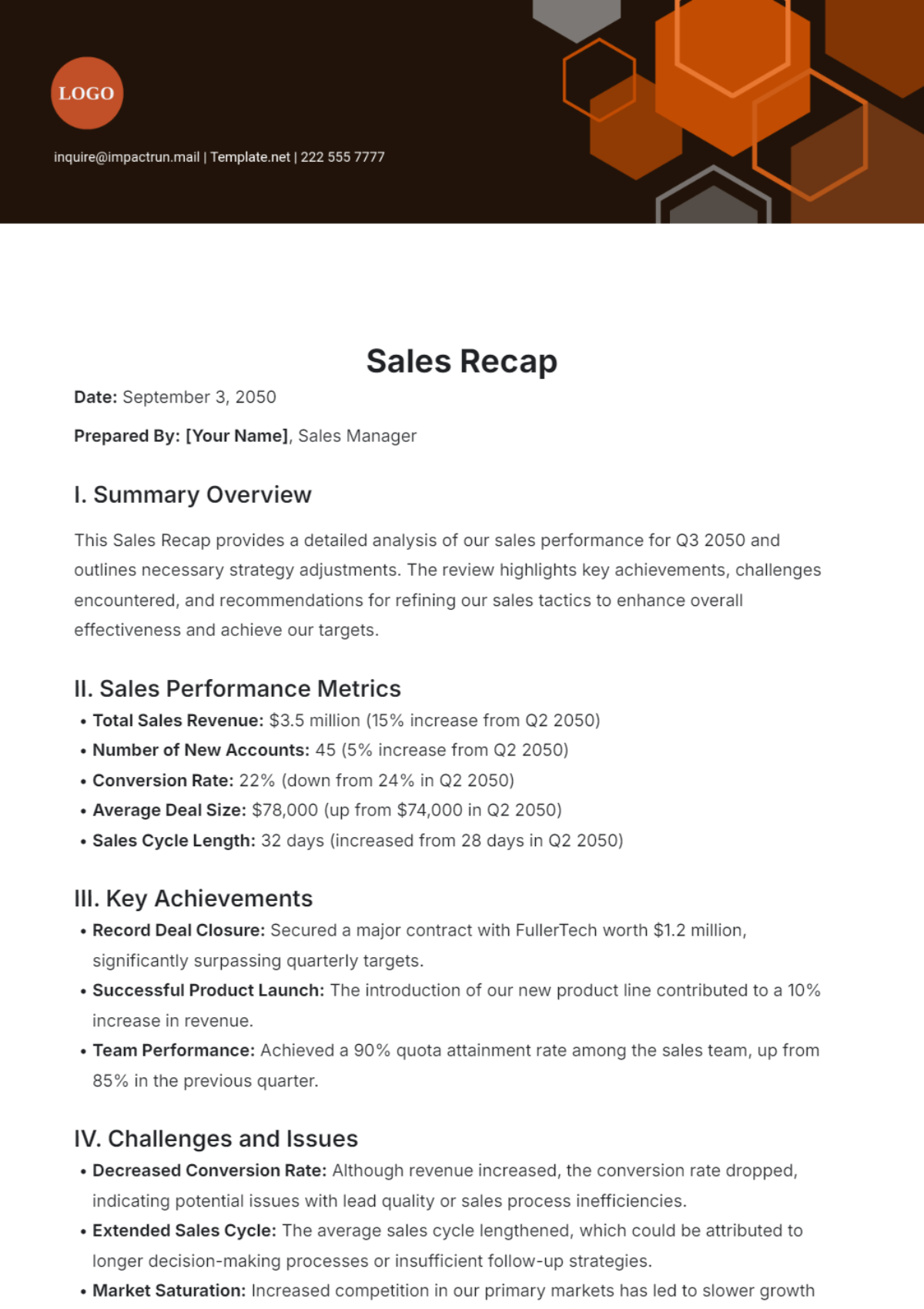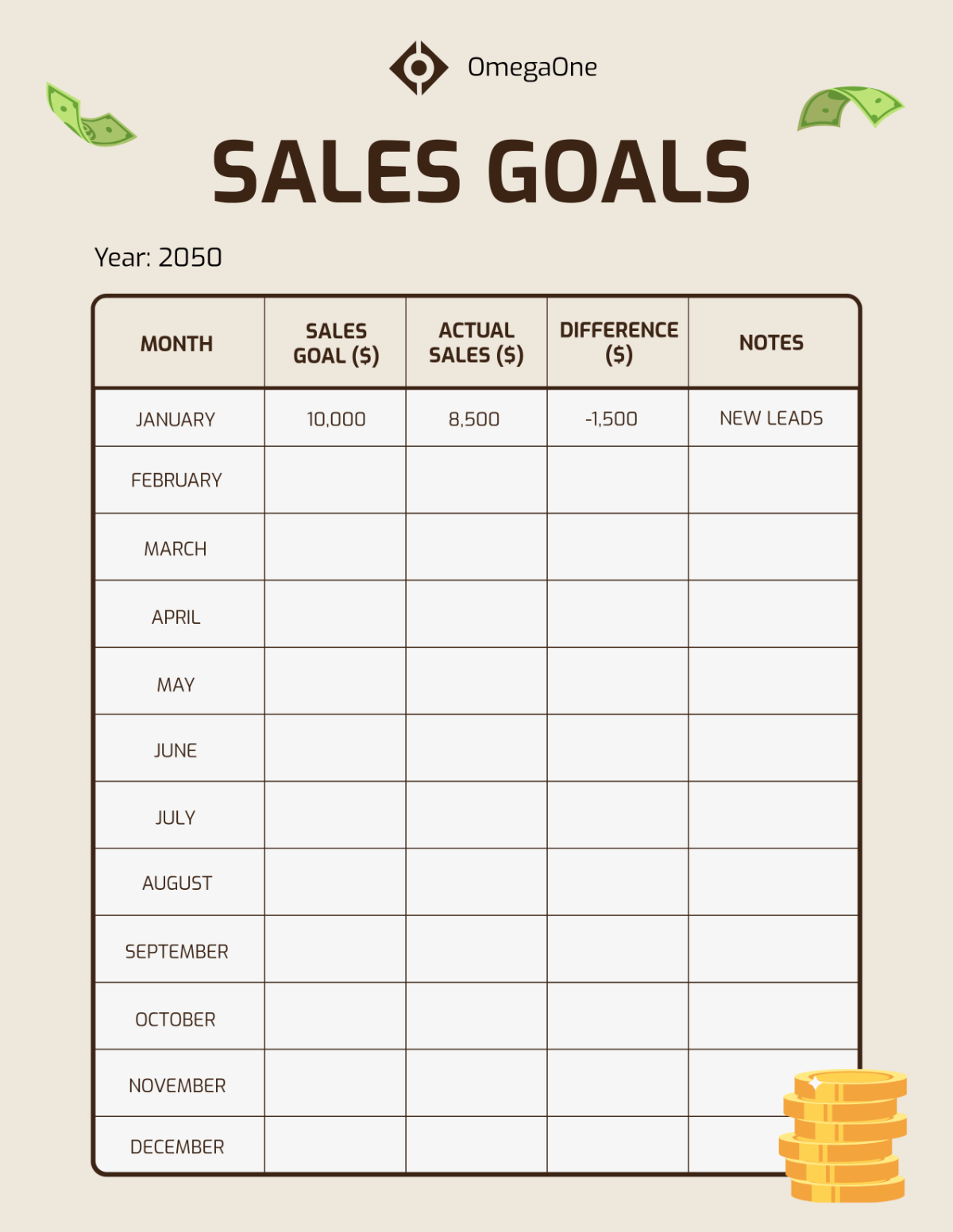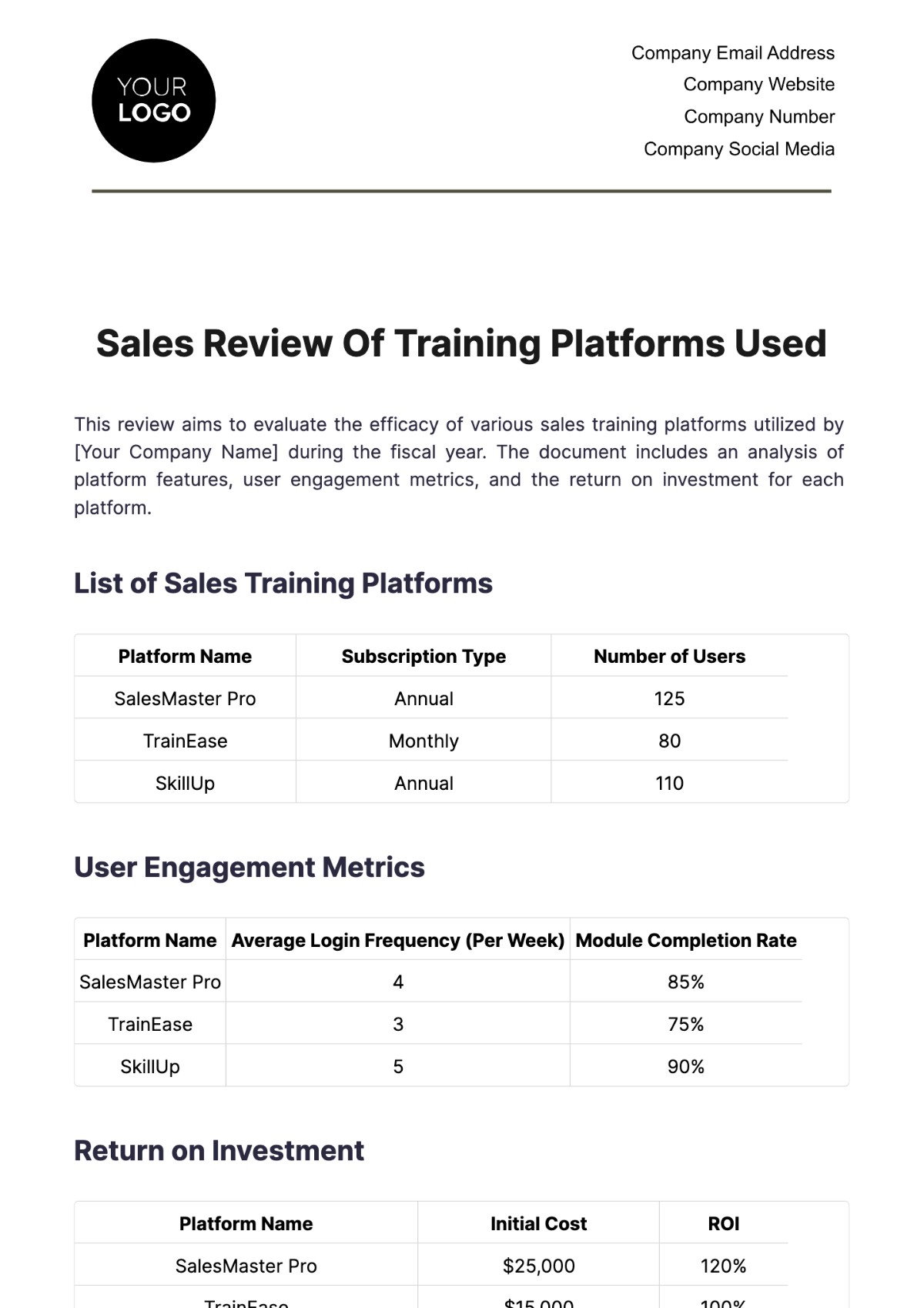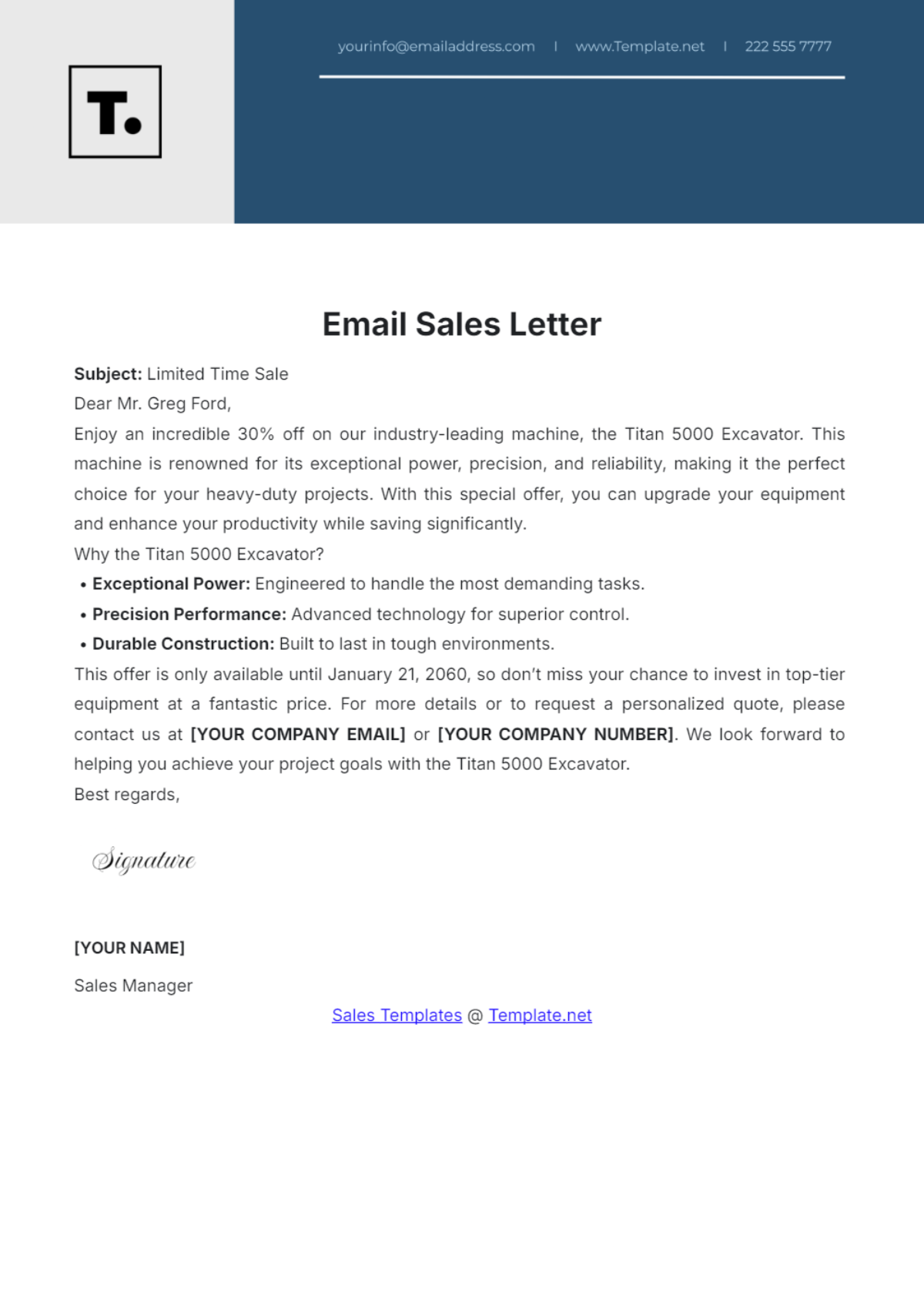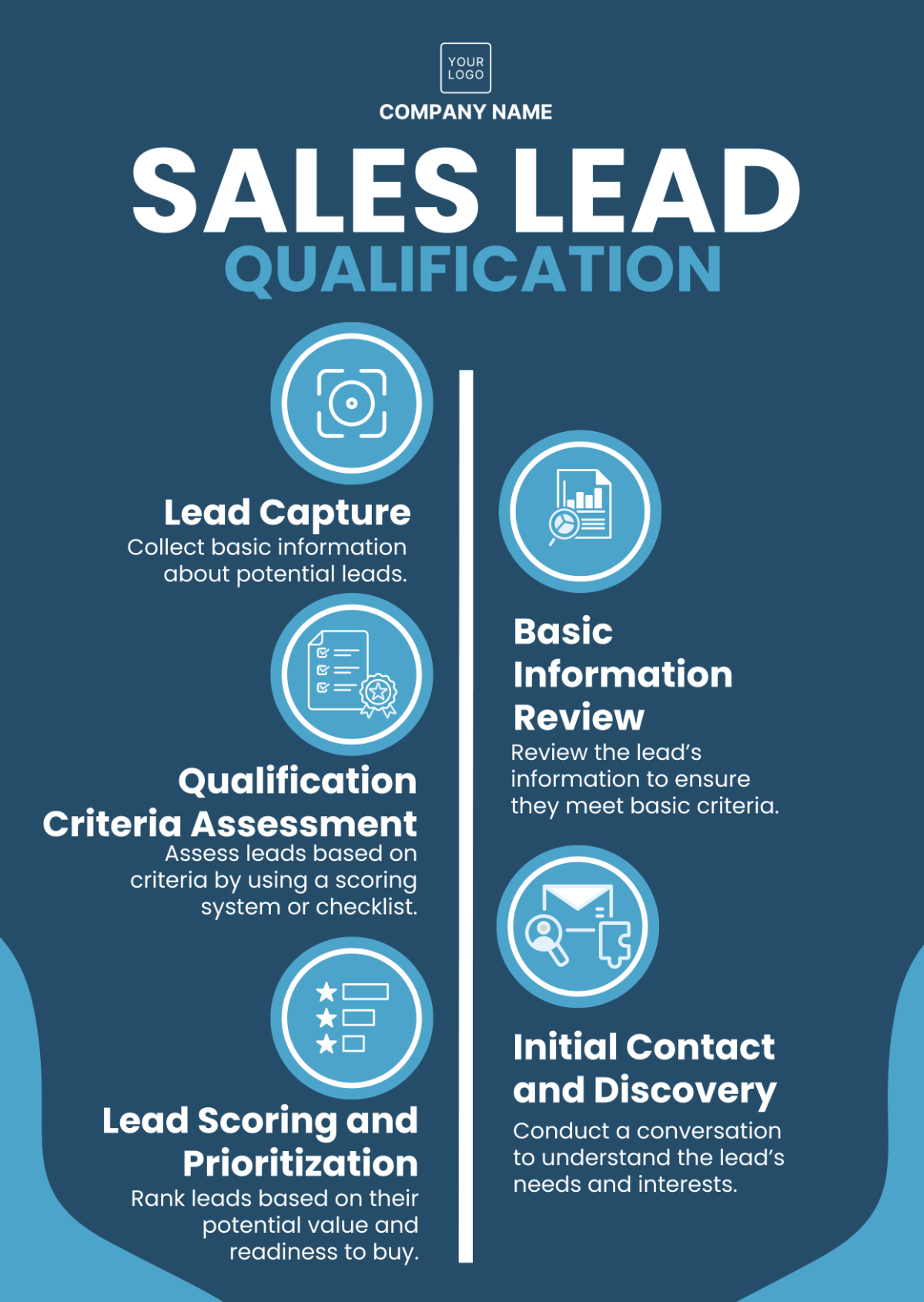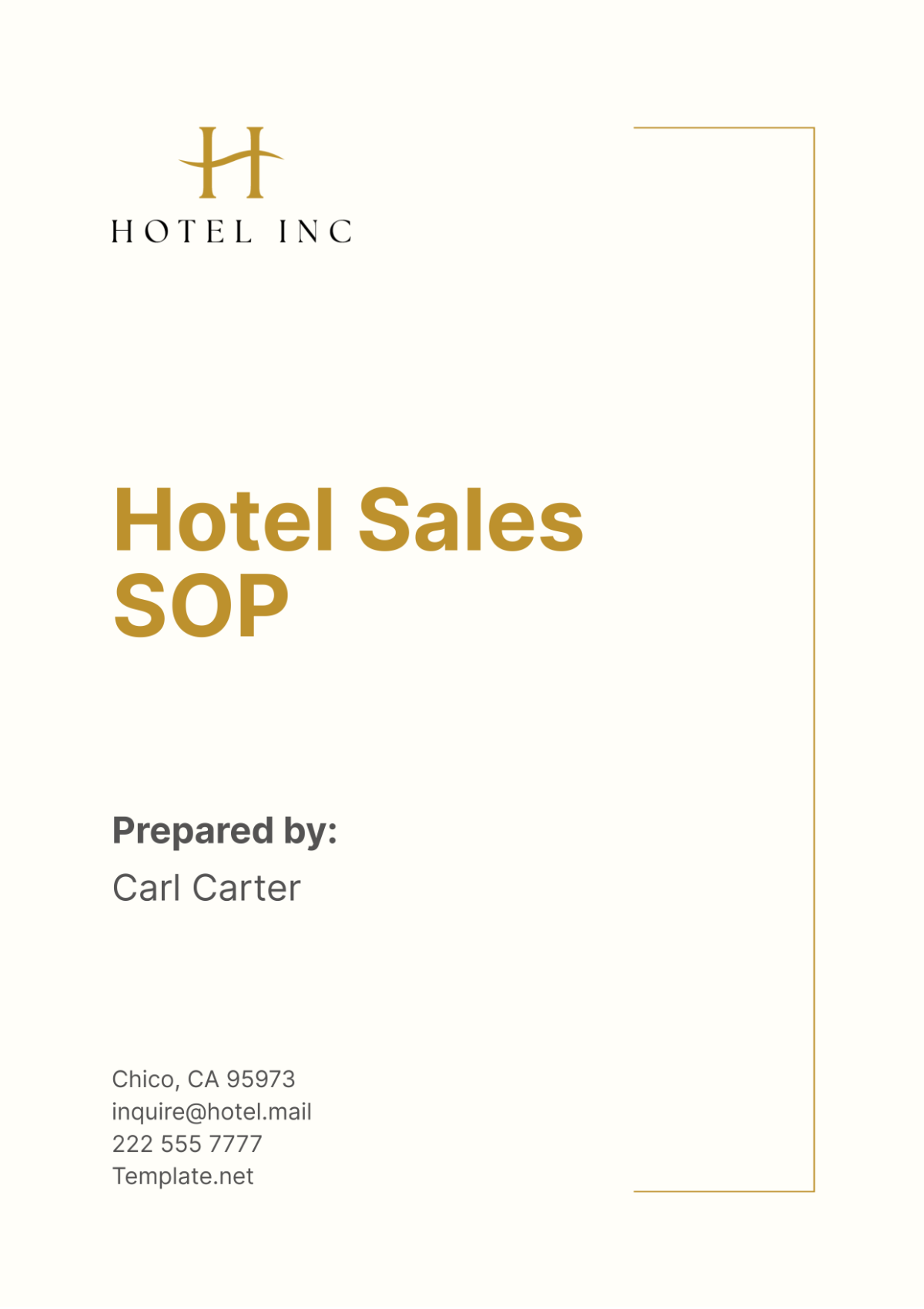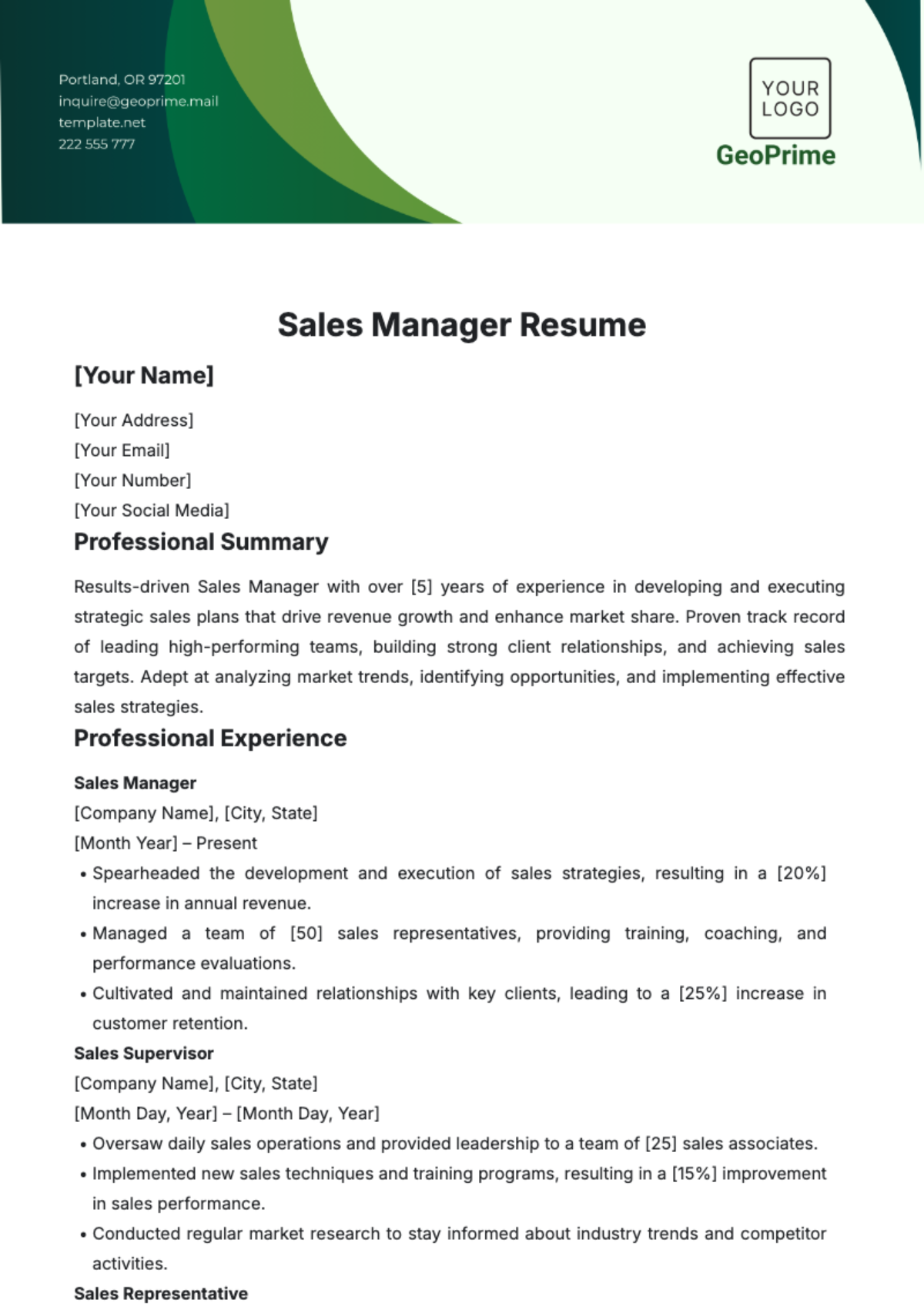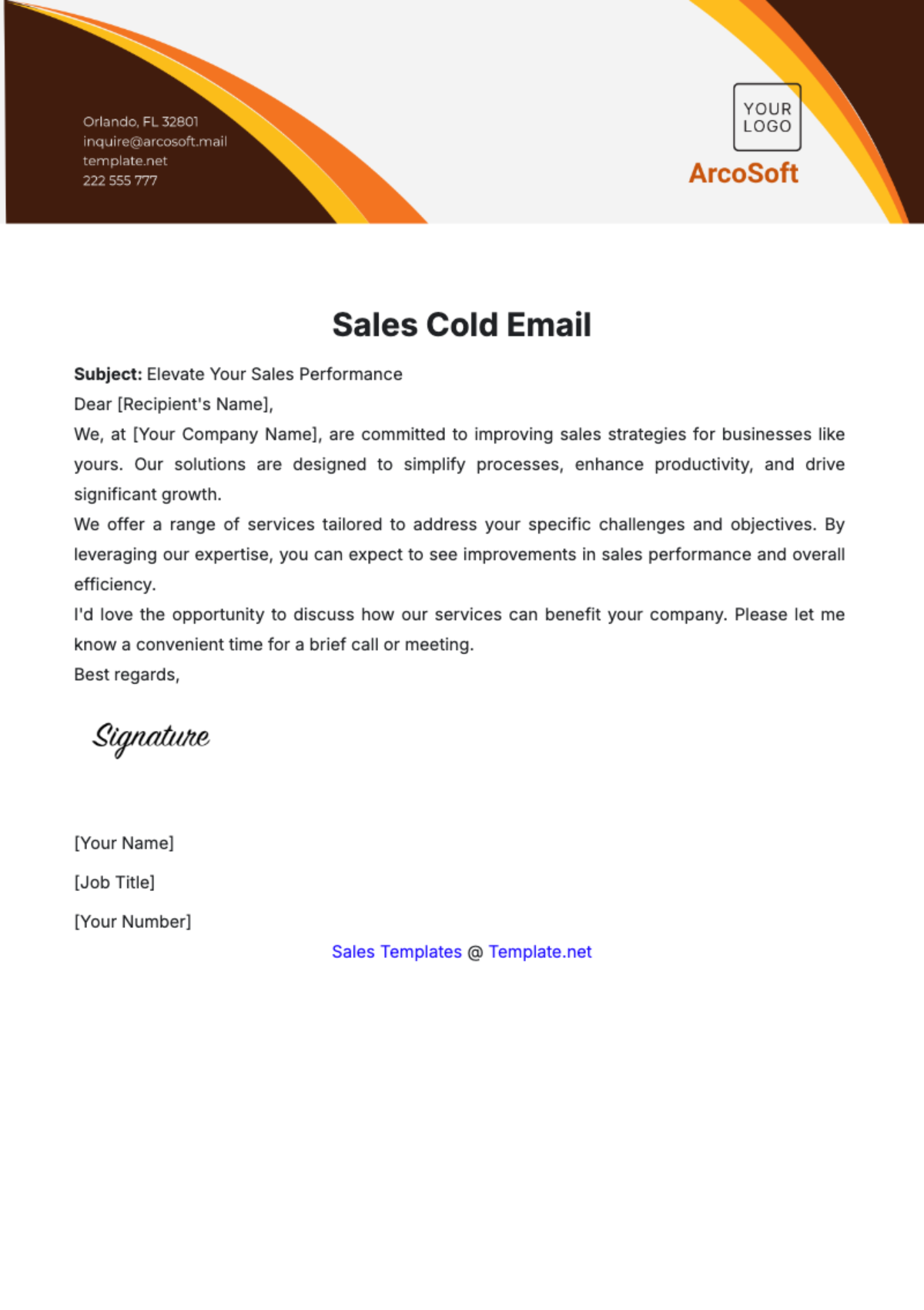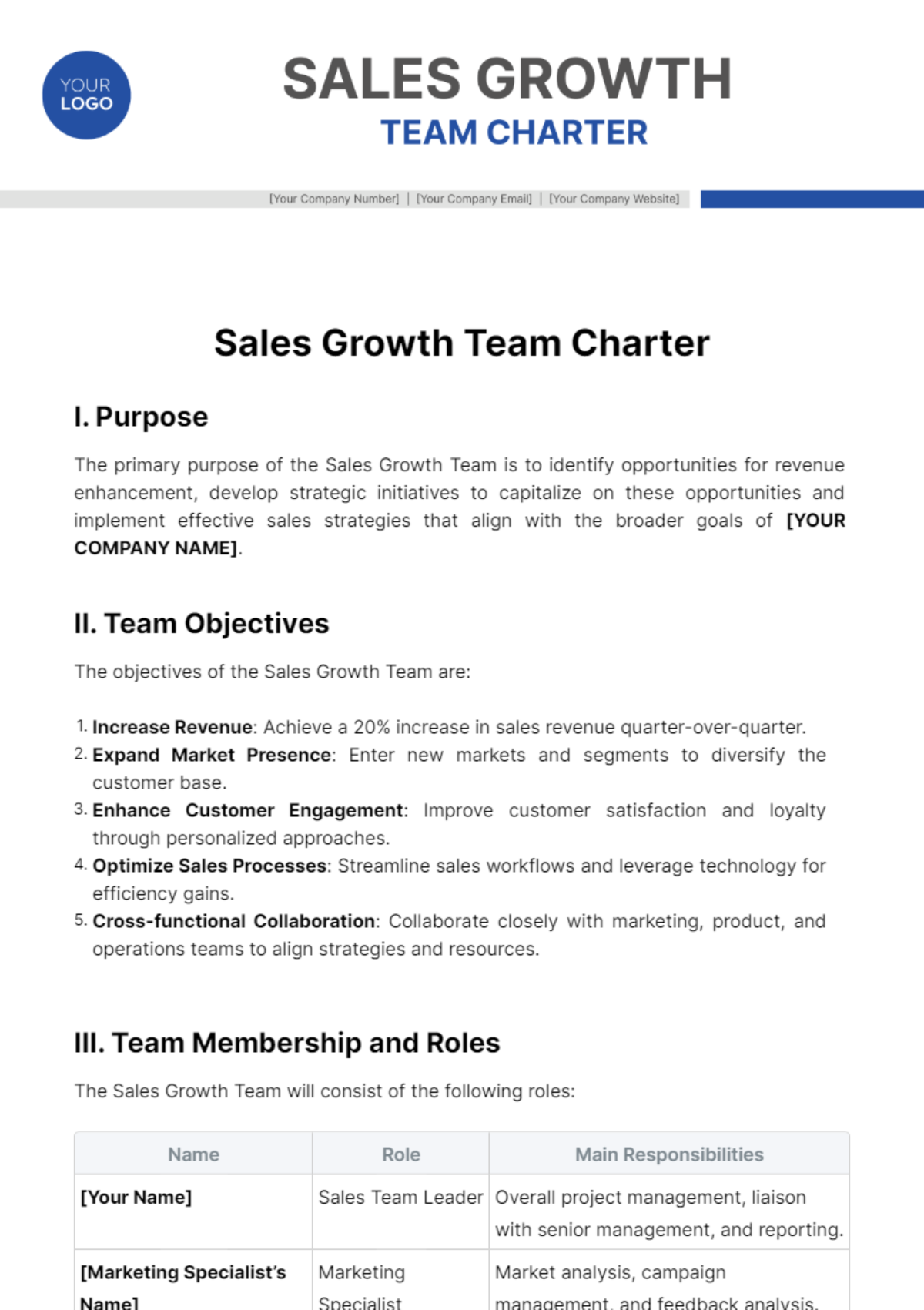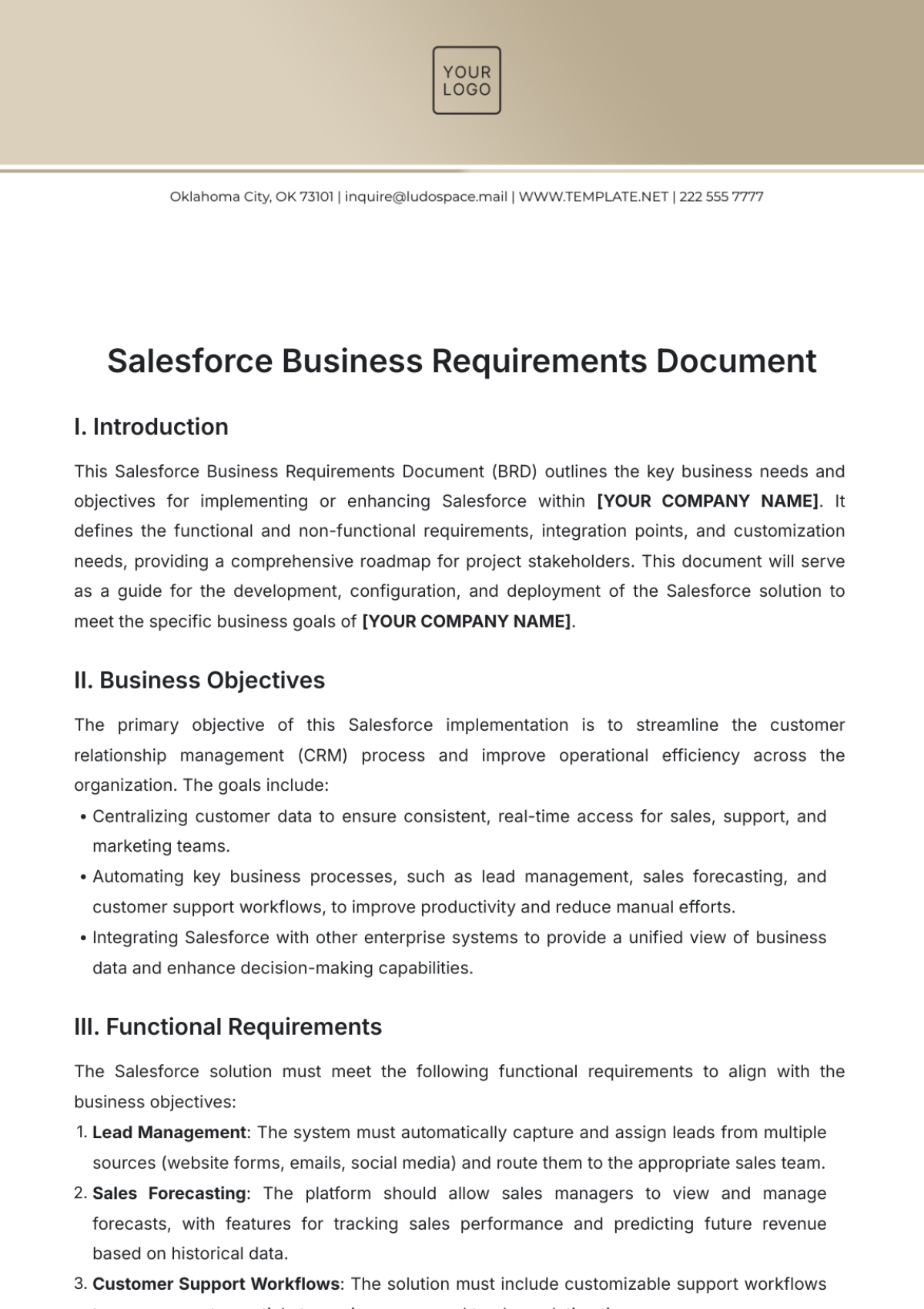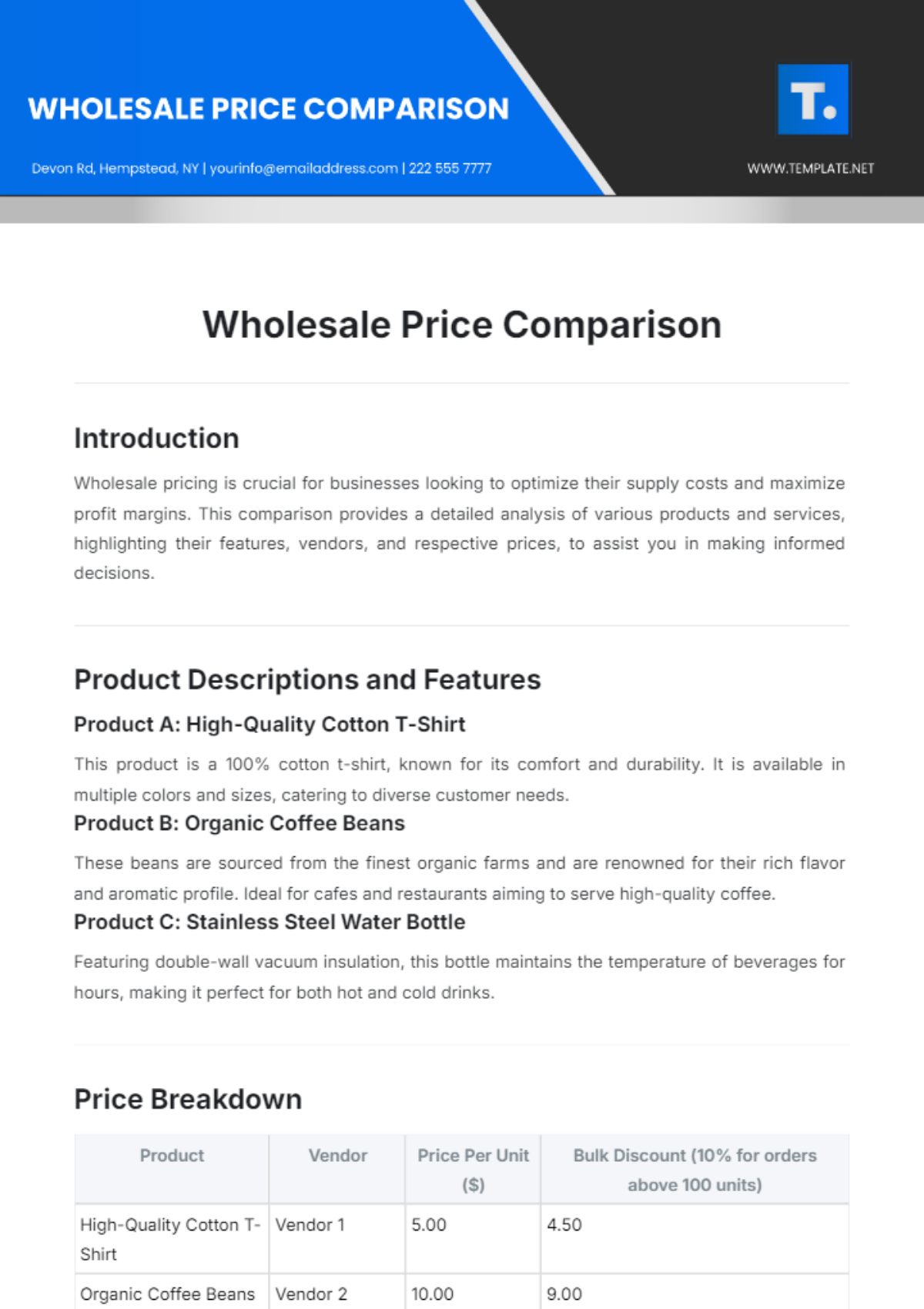Sales Onboarding Curriculum For Different Departments
I. Introduction
In today's fast-paced corporate landscape, the success of any organization heavily relies on the efficiency and competence of its workforce. As businesses evolve, so do the expectations and demands placed on new employees. Welcome to a comprehensive exploration of the Sales Onboarding Curriculum for Different Departments, a dynamic initiative by [Your Company Name] aimed at empowering our newest team members with the knowledge and skills necessary to thrive in their respective roles.
A. Purpose of the Onboarding Curriculum
The Sales Onboarding Curriculum for Different Departments has been meticulously crafted with a singular purpose in mind: to prepare new hires across various departments for excellence in their roles. In an ever-evolving business landscape, where adaptability and specialization are paramount, our tailored onboarding experiences serve as the cornerstone of our commitment to fostering department-specific expertise.
The advent of Industry 4.0 and its disruptive technologies, such as artificial intelligence and machine learning, has reshaped the landscape of sales, marketing, and customer support. As such, this curriculum delves deep into these critical departments to equip our newcomers with the necessary tools, strategies, and insights needed to thrive in an increasingly competitive market.
B. Importance of Tailoring Onboarding by Department
In the grand tapestry of an organization, each department weaves its unique thread, contributing to the overall success of the enterprise. Recognizing this, our curriculum underscores the importance of tailoring the onboarding experience to suit the specific needs of each department.
Case in point: The Sales department operates on a different set of principles, with a strong emphasis on revenue generation and client relationships. Conversely, the Marketing team focuses on market analysis, branding, and lead generation, while the Customer Support department specializes in resolving issues and ensuring customer satisfaction. Tailoring our onboarding ensures that new employees are not only well-prepared but also uniquely equipped to contribute effectively from day one.
C. Scope and Objectives
Our Sales Onboarding Curriculum extends its reach to three pivotal departments within our organization: Sales, Marketing, and Customer Support. The scope of this initiative is expansive, covering a broad spectrum of skills and knowledge.
First and foremost, our objectives include providing department-specific training, rooted in real-world case studies and data-driven insights. By fostering a deep understanding of the intricacies of each department, we empower our employees to make informed decisions, drive innovation, and adapt to changing market dynamics.
Furthermore, we recognize that in today's interconnected world, collaboration across departments is key to success. Thus, we aim to nurture a sense of belonging and cross-functional understanding among our new hires. This not only promotes a harmonious work environment but also encourages the exchange of ideas and the generation of creative solutions.
In the upcoming sections, we will delve deeper into the specifics of our Sales Onboarding Curriculum for Different Departments, providing a comprehensive roadmap for both our new hires and existing team members looking to further refine their skills. Together, we embark on a journey towards excellence and innovation within the realms of Sales, Marketing, and Customer Support.
II. Curriculum Development and Structure
Navigating the intricate landscape of our Sales Onboarding Curriculum for Different Departments begins with understanding its development and structured framework. This section serves as your guide into the heart of our onboarding program, shedding light on its core elements and the meticulous planning that goes into its creation.
A. Customization by Department
Tailoring our onboarding experience to meet the unique needs of each department is a fundamental pillar of our curriculum. It is imperative to equip our new hires with the knowledge and tools specific to their roles, ensuring they are well-prepared for the challenges and opportunities that lie ahead.
Sales Department: In the Sales Department, we provide a comprehensive foundation for success:
1.1. Sales Fundamentals: We commence with a thorough introduction to the intricacies of sales processes, strategies, and our extensive product portfolio. This equips our new sales team members with the knowledge required to excel in their sales endeavors.
1.2. Sales Tools: Proficiency in Customer Relationship Management (CRM) systems, sales automation tools, and reporting mechanisms is critical. We ensure that our sales professionals are well-versed in these technologies, enabling them to streamline their daily tasks and optimize their workflows.
1.3. Client Relationship Management: Building and nurturing strong client relationships is at the core of our Sales Department. Through specialized training, our new hires develop the skills necessary to establish lasting connections with our valued clients.
Marketing Department: The Marketing Department's role in shaping our brand and driving market engagement is pivotal. Our onboarding for marketing professionals is designed to equip them with the tools and knowledge to excel in this dynamic field:
2.1. Marketing Strategy: Understanding our marketing goals, targeted campaigns, and the nuances of our diverse customer base is paramount. Our onboarding provides insights into crafting effective marketing strategies that align with our organizational objectives.
2.2. Content Creation: We delve into the art of content creation, encompassing everything from developing marketing collateral to adhering to branding guidelines. Our new marketing team members learn how to create compelling content that resonates with our audience.
2.3. Digital Marketing: In an era dominated by digital channels, proficiency in social media management, search engine optimization (SEO), and digital advertising techniques is indispensable. Our onboarding equips marketing professionals with the skills to navigate the digital landscape effectively.
Customer Support Department: Exceptional customer service and satisfaction are central to our mission. Our onboarding for the Customer Support Department is designed to foster the highest standards of service:
3.1. Customer Service Principles: Our new support team members are guided through the principles of delivering exceptional customer service, including problem-solving skills that allow them to address customer issues effectively.
3.2. Product Knowledge: An in-depth understanding of our products and services is essential. We ensure that our support professionals possess the knowledge required to provide effective assistance to our valued customers.
3.3. Communication Skills: Effective communication with customers, as well as collaboration with other departments, is emphasized. Our support team members learn to communicate with clarity and empathy, ensuring positive interactions with customers.
B. Core Components of the Onboarding Curriculum
Our Sales Onboarding Curriculum extends beyond department-specific training to encompass core components that serve as the foundation for success within our organization:
Company Overview
1.1. Company History: Understanding the journey of [Your Company Name] and its evolution over the years is essential to aligning with our values and goals.
1.2. Mission and Vision: Grasping our organizational mission and vision allows every team member to connect their work to our overarching objectives.
1.3. Code of Conduct: Adhering to ethical standards and workplace norms is not just a requirement but a commitment we take seriously.
Department-Specific Training
2.1. Department Structure: Familiarizing oneself with the department's hierarchy, roles, and reporting structures is key to seamless integration.
2.2. Department Goals: Understanding the specific objectives and Key Performance Indicators (KPIs) of one's department ensures alignment with its mission.
2.3. Cross-Functional Awareness: Collaboration across departments is encouraged, and our onboarding program promotes inter-departmental understanding to foster a culture of teamwork.
Role-Specific Training
3.1. Job Descriptions: Detailed role descriptions and expectations provide clarity on individual responsibilities.
3.2. Key Responsibilities: Specific tasks and projects related to the role are defined to enable focused contributions.
3.3. Performance Metrics: Metrics for evaluating individual performance and contribution are outlined, ensuring accountability.
Soft Skills and Professional Development
4.1. Communication Skills: Effective communication, active listening, and presentation skills are honed to facilitate productive interactions.
4.2. Time Management: Prioritizing tasks, meeting deadlines, and managing workloads are vital skills for success in our dynamic work environment.
4.3. Adaptability: Navigating change and evolving within a dynamic work environment is encouraged and supported to ensure long-term growth and success.
In the subsequent sections, we will delve deeper into each component of our Sales Onboarding Curriculum for Different Departments, providing a comprehensive roadmap to success for our new hires and those looking to further enhance their skills within our organization.
III. Training Delivery Methods
In the realm of effective onboarding, the choice of training delivery methods plays a pivotal role in shaping the learning experience for our new hires. In this section, we delve into the various avenues through which we deliver training, each meticulously designed to facilitate knowledge acquisition and skill development.
A. Instructor-Led Training
When it comes to imparting knowledge and skills, there's no substitute for human interaction. Our instructor-led training ensures that our new hires have direct access to subject matter experts who guide them through their learning journey.
Classroom Sessions: These interactive sessions, led by seasoned professionals, provide a structured environment for comprehensive learning. In these settings, participants can ask questions, engage in discussions, and learn from real-world examples.
Role-Play: Simulated sales scenarios are an integral part of our training methodology. Through role-play exercises, new hires develop practical skills, practice objection handling, and refine their communication techniques.
Q&A Sessions: We recognize the value of clarity in learning. Our Q&A sessions provide opportunities for new hires to seek clarification on complex topics, ensuring that no question goes unanswered.
B. E-Learning Modules
In today's digital age, flexibility and accessibility are key. Our e-learning modules empower new hires to learn at their own pace, leveraging the convenience of online resources.
Online Courses: Self-paced modules covering core concepts allow new hires to learn when and where it suits them best. These courses cover everything from fundamental principles to advanced strategies.
Video Tutorials: Visual learning aids are integrated into our e-learning modules to enhance comprehension. These tutorials simplify complex topics, making it easier for new hires to grasp software and tools.
Assessments: Learning is reinforced through online quizzes and assessments. These tools not only test understanding but also provide immediate feedback, allowing new hires to track their progress.
C. On-the-Job Training
Learning by doing is a cornerstone of our onboarding philosophy. Our on-the-job training methods ensure that new hires gain practical experience that directly translates into their roles.
Shadowing: New hires have the opportunity to observe experienced employees in real-world tasks. This hands-on experience helps bridge the gap between theory and practice.
Hands-On Practice: We believe that applying skills in actual work situations is invaluable. New hires are provided with opportunities to work on live projects, gaining confidence and proficiency.
Mentorship: Guidance from experienced colleagues is instrumental in our on-the-job training approach. New hires benefit from the wisdom and insights of mentors who share their expertise.
D. Mentorship Programs
Our commitment to continuous learning extends to mentorship programs that provide ongoing support and professional development.
Assigned Mentors: New hires are paired with experienced employees who serve as mentors. These mentors offer guidance, answer questions, and help navigate the intricacies of our organization.
Regular Check-Ins: Ongoing support and feedback are critical. Regular check-ins with mentors ensure that new hires are on the right track and provide opportunities for career development discussions.
Cross-Departmental Mentoring: To promote cross-functional understanding, we encourage mentorship programs that span different departments. This fosters collaboration and a holistic view of our organization.
E. Assessments and Progress Tracking
We believe in measuring progress to ensure that our onboarding efforts are effective. To this end, we employ various assessment methods.
Knowledge Assessments: Testing understanding of department-specific content ensures that new hires have grasped the essentials.
Skills Evaluations: Practical assessments gauge proficiency and the ability to apply acquired skills in real-world scenarios.
Performance Reviews: Ongoing evaluations with supervisors allow us to monitor progress, identify areas for improvement, and align individual goals with organizational objectives.
In the following sections, we will delve deeper into each of these training delivery methods, offering insights into how they are implemented and how they contribute to the development of well-prepared, knowledgeable, and skilled employees within [Your Company Name].
IV. Evaluation and Continuous Improvement
As we journey through the intricacies of our Sales Onboarding Curriculum for Different Departments, it is crucial to emphasize our unwavering commitment to ongoing evaluation and improvement. In this section, we explore the mechanisms we have in place to ensure that our onboarding process remains dynamic and responsive to the evolving needs of our organization and our new hires.
A. Assessment Metrics
Our evaluation efforts begin with the collection of relevant and insightful data. We utilize various assessment metrics to gauge the effectiveness of our onboarding program.
Assessment Metric | Details |
Performance Metrics | Tracking individual performance against departmental goals allows us to assess how well our new hires are integrating into their roles. This data-driven approach ensures that our employees are making meaningful contributions from the outset. |
Training Evaluation | Feedback from new hires on the effectiveness of their training is invaluable. Their insights help us identify strengths and areas in need of improvement within our curriculum. |
Feedback from Mentors | Input from mentors, who work closely with our new hires, provides an additional perspective on mentee progress. This information aids in refining mentorship programs and tailoring support. |
B. Feedback Mechanisms
Transparent and open communication is a cornerstone of our evaluation process. We employ multiple feedback mechanisms to gather insights and suggestions from our new hires.
Feedback Mechanisms | Details |
Surveys | Collecting feedback from new hires via surveys allows us to gather quantitative data on their onboarding experiences. This structured approach helps us identify trends and areas for enhancement. |
Focus Groups | Facilitating discussions with new hires in focus groups provides qualitative feedback. These open dialogues allow us to gain a deeper understanding of individual experiences and gather valuable insights. |
Regular Check-Ins | Continuous feedback is essential. Regular check-ins with new hires ensure that we remain responsive to their evolving needs and concerns, fostering a culture of improvement. |
C. Post-Onboarding Support
Our commitment to employee development extends beyond the onboarding period. We provide ongoing support to ensure that our new hires not only succeed in their initial weeks but also thrive in their careers within [Your Company Name].
Transition Period: The transition into a new role can be challenging. We offer additional support during the initial weeks of employment to ease this process, ensuring that our new hires feel confident and well-prepared.
Career Development: Guidance on career paths and growth opportunities is a key component of our post-onboarding support. We help our employees chart their career trajectories within our organization, aligning their aspirations with our company's objectives.
Ongoing Training: As employees progress within our organization, we recognize the importance of advanced training. We offer opportunities for continuous learning and development to ensure that our team members remain at the forefront of their fields.
V. Conclusion and Integration with Company Goals
In concluding our exploration of the Sales Onboarding Curriculum for Different Departments, we find ourselves at the intersection of tailored development and organizational excellence. This section encapsulates the essence of our onboarding approach, highlighting its alignment with departmental and company-wide objectives, as well as our commitment to adaptability and growth.
A. Summary of the Onboarding Curriculum
In essence, the Sales Onboarding Curriculum for Different Departments represents a strategic and personalized approach to employee development. By prioritizing department-specific knowledge and skills, our curriculum equips new hires with the tools they need to excel in their respective roles. This not only enhances individual performance but also fosters a culture of collaboration within and between departments.
Our core objective is to empower our employees with the knowledge and skills necessary to contribute meaningfully from day one. Through structured training, mentorship, and continuous evaluation, we strive to nurture talent, driving the success of our organization.
B. Alignment with Departmental and Organizational Objectives
The strength of our onboarding curriculum lies in its seamless alignment with both departmental and organizational objectives. We firmly believe that each employee plays a critical role in achieving our broader company goals. As such, our curriculum not only equips new hires with the tools they need but also ensures that they understand how their roles contribute to the success of their departments and, ultimately, the company as a whole.
We view onboarding as a strategic investment in our workforce. By continually evaluating and improving our onboarding efforts, we reaffirm our commitment to excellence across all departments. The result is a cohesive and motivated team working in harmony towards shared objectives.
C. Future Adaptations and Scaling
The landscape of business is dynamic, and so too must be our approach to employee development. As [Your Company Name] evolves, so will our onboarding curriculum. We are committed to adapting and expanding this curriculum to meet the evolving needs of our departments, ensuring that it remains a vital tool in supporting the growth and success of our organization.
Scaling our onboarding efforts is not just a possibility but a strategic imperative. We are poised to welcome new talent and provide them with the knowledge and skills they need to thrive in our dynamic environment. Our commitment to excellence extends beyond the present, laying the foundation for a bright and innovative future.
This Sales Onboarding Curriculum for Different Departments represents more than just a training program; it is a detailed roadmap towards achieving departmental and organizational excellence. By focusing on customization, effective training methods, continuous evaluation, and adaptability, we aim to equip our employees with the skills and knowledge needed to excel in their roles and contribute to our company's enduring success.




